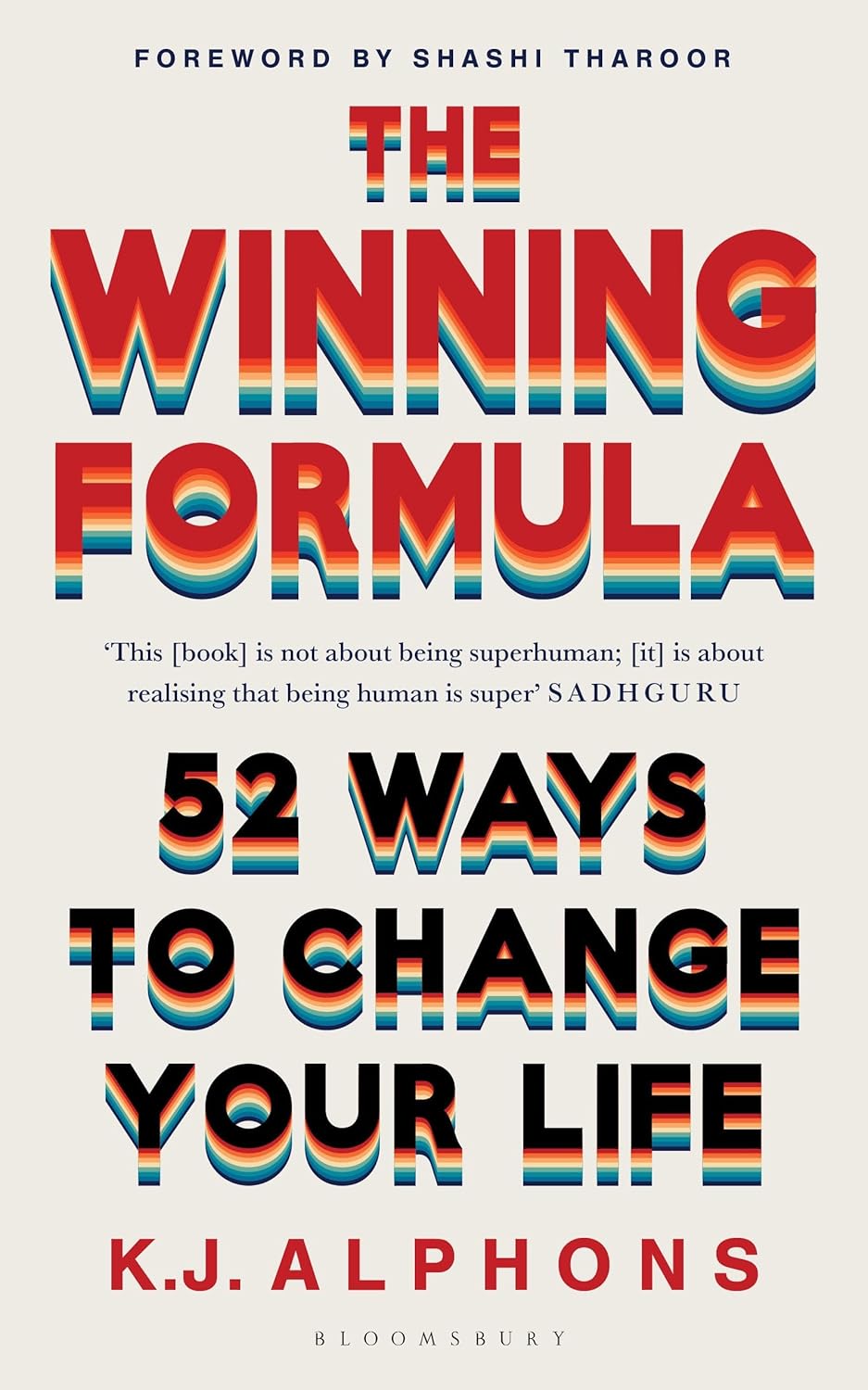‘Most bureaucrats today are committed to one party or another’: KJ Alphons
The former Union Minister and civil servant on his new book, The Winning Formula, ordinary people who inspired him, and how bureaucrats can tackle political pressure. Excerpts from an interview
 Discover the inspiring journey behind The Winning Formula, a book that highlights resilience, integrity, and bold decision-making (Credit: PTI)
Discover the inspiring journey behind The Winning Formula, a book that highlights resilience, integrity, and bold decision-making (Credit: PTI)How much of your own life inspired you to write your new book The Winning Formula?
I come from a non-electrified village in Kerala. I’m the son of a school teacher. But I scored only 42 per cent in my class 10 board exams. I was called an idiot and never participated in any school activities. I asked myself, Am I an idiot? I decided that it’s not my teachers, not my parents, not my friends who will decide. I couldn’t write one sentence in English properly. Books became my best friends and I would try to imitate authors, copy a paragraph, and try to write in my own language. I wanted a job which gives me power. But my definition of power was bringing happiness to people. That’s why I decided to get into civil service. In my diary, I wrote that I was going to be one of the toppers, and that happened. But in my interview, I did pathetically because I spoke against the government. I got only 50 percent in the interview.
In my first job, as sub-collector of Munnar, the famous MGR wanted to take over the Mangaladevi temple. I got all the records that proved it is in Kerala. I published them but he said no, she’s a Tamil goddess, so it belongs to them. He declared a date on which he would come there. I declared Section 144. I said, if he comes here, I will arrest him. All the media was there. MGR backed out at the last moment. Now, every year, Tamilians also come to Thekkady and Kerala forest officials take them to the temple. It’s peaceful. This taught me that if you take a tough stand for what is right, you can have your way.
Does that lesson apply outside bureaucracy too?
It applies to every field. You take rational decisions, stand by your decisions, and everybody respects you, including politicians. When I became Managing Director of the Kerala Milk Federation, I started something which no corporate sector in India would do. Earlier, to replace the spoiled milk, which was very common those days, you had to take the spoiled milk to the dairy, prove that the milk was spoiled, and then they would replace it. I said, no. I published the telephone numbers of all the retail booths. I said, call them up and they will replace your milk at home without asking you to show spoiled milk. In one year, we doubled the sales. It happened, mainly because of two things: confidence in my product, confidence in the consumer. Which Indian corporate sector would have the courage to do something like this? I had 14 dairies, 8,000 employees. So we doubled the turnover. So there are also lessons for the corporate sector.
 Learn how author Alphons Kannanthanam overcame challenges to create impactful change in bureaucracy, business, and education. (Source: Amazon)
Learn how author Alphons Kannanthanam overcame challenges to create impactful change in bureaucracy, business, and education. (Source: Amazon)
You include stories of people you’ve been inspired by, like that of a rat hole miner and a Paralympic athlete. Not everyone gets the same opportunities as others.
Out of 52 stories, only 13 are about myself. I’ve quoted people from various walks of life to prove that anyone can do it. The idea of this book isn’t to say Alphons is a great guy. It’s to say that whatever I have done, anybody can do better. Take, for example, PU Thomas. He’s been a peon in Kottayam Medical College for 45 years. He’s got a home for 100 disabled people. Or the story of Sherin, a child in a wheelchair, in a bad marriage, not even a graduate. Then she starts slowly to sit up, raise money through tuitions and study. Now she’s in Railway Management Service. Or the story of Ani Shiva, a police constable who finds three abandoned children whose parents are in jail. They start screaming and she starts breast-feeding them. No caste, creed or xenophobia in a country which is so caste-conscious. Isn’t she a hero?
How has this perception of being beholden to political powers sunk into the bureaucracy over the last 10-20 years?
There are many problems. Number one is the question of integrity. What percentage of IAS or IPS officers are absolutely honest? Unless you are honest, you cannot stand up to politicians. Number two, how many have the backbone to stand up for what is right? Today, I think a majority of bureaucrats in this country are committed to this or that party, depending on who is in power. Why? The bureaucracy is supposed to be a neutral force. Number three, you need to be more competent than anybody else because you are 100 people, chosen from one and a half million people who write the exam. You can’t be clerical. You’ve got to be exceptionally good at delivering.
Once, in Kerala, the education minister called me to his chamber and he asks me to replace the income certificate of a Muslim boy. I said no because it’s criminal. I’m transferred out for the next four years, my office the size of a toilet. But, I was on the front page of the newspaper every day, because I made the environment and rainwater harvesting a fashionable issue in Kerala.
I demolished 14,310 illegal mansions in Delhi that belonged to the mafia. And the first one was of HKL Bhagat. I carried a gun for eight years. My wife and kids went out of the house under police protection. I had 36,000 employees in the DDA. We didn’t demolish slums, because where will the poor people go? I demolished only the mafia. Of course, we got beaten up. My kids got beaten up. I do not believe that I’ve done anything out of the way.
I’ve also written on how I started private professional colleges in Kerala. Two lakh children from Kerala were studying outside the state because the Left and Right fronts were refusing to sanction private medical colleges, engineering colleges and nursing colleges. I discussed with my minister, PJ Joseph, he said the cabinet will not approve, so I said that, as secretary to the government, I will issue the order. I kept it a secret. Three months later, the chief minister came to know. He brought it up in the cabinet, and he said, Alphons should be suspended. But my minister stood up and said, if you touch Alphons, I will resign. That’s how two lakh seats were created. What I did was completely inappropriate as a bureaucrat, because it should have gone to the cabinet. But I did it for the benefit of our kids who have the right to study. Which is why I say don’t try to replicate what I did. Why does the bureaucracy ever think they are powerless? We have incredible power. We can do it.
- 01
- 02
- 03
- 04
- 05































